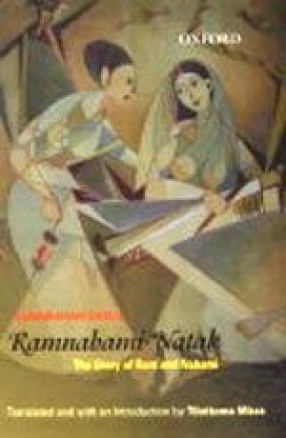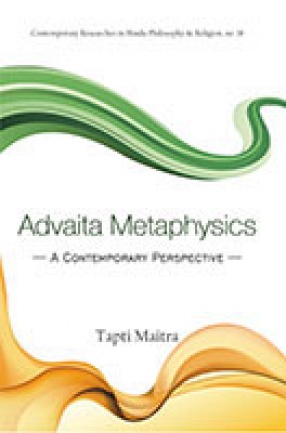Gunabhiram Barua’s Ramnabami-Natak, written in 1857, revolves around the tragic story of a young widow, Nabami, and her lover, Ramchandra. The first modern Assamese play on a secular theme, it presents a bold redefinition of consensual marriage while strongly advocating widow remarriage. Translated into English for the first time, Ramnabami-Natak mounts a severe critique on the moral guardians of society and makes interesting references to certain social mores and beliefs in nineteenth-century Assam. The play’s historical location enables it to provide insights into the colonial encounter, including the birth of the modern subject and the emergence of print culture. In her informed introduction, Tilottoma Misra weaves a historical analysis of Assamese modernity with a specific narrative about the play, thus highlighting debates around the ‘proper sphere’ of women and the plight of young widows. This would be of particular interest to students and researchers of Assamese and Bengali literature and history, and gender studies. The introduction also dwells on crucial elements of vernacular modernity–the emergence of the print–public sphere in Assam and the discourses on Assamese language at that time. Important reading material for students and scholars of Indian literature and history, comparative literature and cultural studies, this translation will also interest general readers.
Shakespearean Tragedy
$52.20
$58.00





There are no reviews yet.